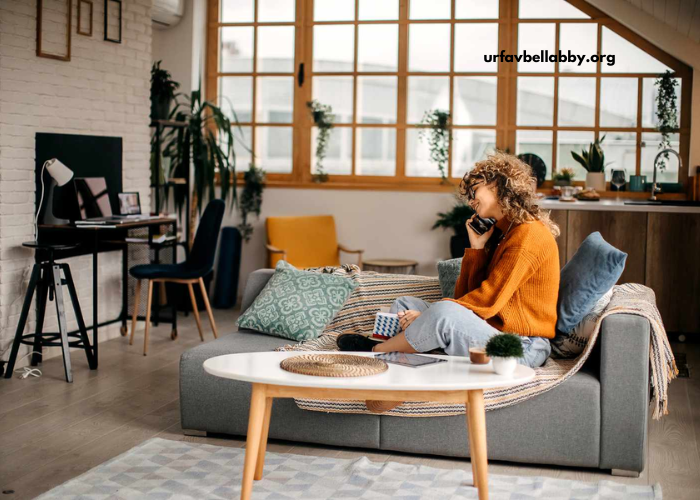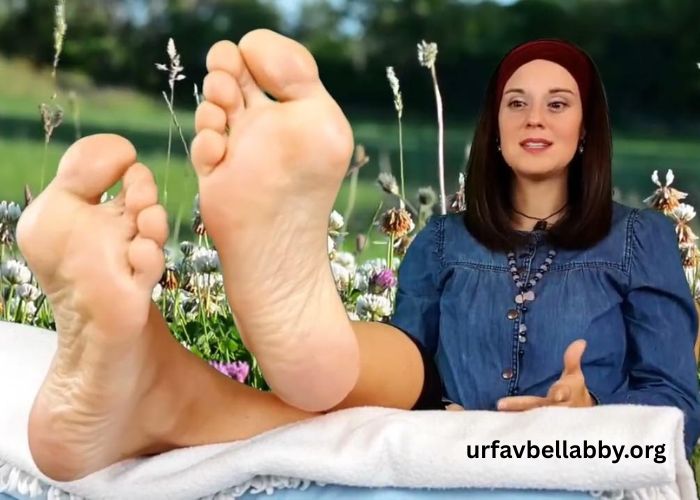In a fast-paced world filled with endless distractions, clutter, and materialism, more and more people are turning to a minimalist lifestyle as a way to simplify their lives and regain focus on what truly matters. The minimalist lifestyle is not just about reducing physical possessions, but about embracing a mindset that values simplicity, intentionality, and mindfulness. In this article, we will explore the concept of minimalist living, the benefits it offers, and practical ways you can adopt it to improve your life.
What Is Minimalism?
Minimalism is a lifestyle that encourages individuals to remove unnecessary possessions, activities, and commitments to focus on what brings them joy, purpose, and fulfillment. The idea is to eliminate distractions and material clutter to create space for the things that truly matter—whether that be relationships, personal growth, health, or experiences.
At its core, minimalism is about intentional living, where every choice you make is aligned with your values and priorities. While many people associate minimalism with decluttering physical space, it extends far beyond that. It involves simplifying your mental, emotional, and digital spaces as well. Minimalism can be viewed as both a philosophy and a practical approach to life that seeks to find contentment with less.
The Evolution of Minimalism
Minimalism as a lifestyle has its roots in the 20th century, particularly within the realms of art, design, and architecture. The minimalist art movement, which emerged in the late 1950s, emphasized simplicity, clean lines, and the use of limited color palettes. Over time, this minimalist approach began to resonate with people beyond the art world, ultimately evolving into a broader lifestyle movement.
In recent years, minimalism has gained significant attention, especially with the rise of popular books and documentaries such as The Life-Changing Magic of Tidying Up by Marie Kondo and Minimalism: A Documentary About the Important Things by Joshua Fields Millburn and Ryan Nicodemus. These resources have helped people understand the value of living with less, and the minimalist movement has since gained momentum as people search for more meaningful, intentional ways of living.
Benefits of Adopting a Minimalist Lifestyle
Embracing minimalism offers a wide array of benefits, from reducing stress and improving focus to fostering creativity and financial freedom. Let’s explore some of the key advantages of adopting a minimalist lifestyle.
1. Reduced Stress and Anxiety
One of the most immediate benefits of minimalism is the reduction of stress and anxiety. When you surround yourself with fewer possessions and distractions, there is less to worry about and manage. Clutter can contribute to feelings of overwhelm and mental fatigue. By simplifying your environment, you create a sense of calm and order that can help reduce anxiety and increase your ability to focus.
2. Increased Focus and Productivity
Minimalism encourages you to prioritize your time, energy, and attention on the things that truly matter. By cutting out distractions and unnecessary commitments, you can become more focused and productive in both your personal and professional life. With fewer distractions vying for your attention, you are able to concentrate on tasks that align with your goals and values.
3. Financial Freedom
Living a minimalist lifestyle can also help you achieve greater financial freedom. By reducing your desire for material possessions and unnecessary purchases, you can save money, reduce debt, and work towards your financial goals. Minimalism encourages you to invest in experiences and relationships rather than accumulating things, which can lead to a more fulfilling and financially secure life.
4. Enhanced Relationships
When you embrace minimalism, you place more emphasis on the quality of your relationships rather than the quantity of possessions. By reducing the distractions in your life, you create more space for meaningful connections with family, friends, and loved ones. Minimalism encourages you to focus on building stronger bonds and investing time and energy into the relationships that bring you joy and fulfillment.
5. Improved Health and Well-being
Living a minimalist lifestyle can have a positive impact on your physical and mental health. By simplifying your environment and daily routines, you can reduce stress, improve sleep quality, and foster a greater sense of well-being. Minimalism encourages mindful living, which can lead to healthier habits and better self-care.
How to Embrace Minimalism in Your Life
Adopting a minimalist lifestyle doesn’t mean you need to make drastic changes overnight. It’s a gradual process that involves making intentional decisions to simplify your life. Here are some practical steps you can take to embrace minimalism:
1. Declutter Your Physical Space
The first step toward minimalism is decluttering your physical environment. This process involves going through your belongings and removing anything that no longer serves a purpose or adds value to your life. The goal is to create a space that is organized, functional, and free of excess.
Start by tackling one area at a time—such as your closet, kitchen, or living room—and ask yourself whether each item you own serves a practical purpose or brings you joy. If not, consider donating, selling, or discarding it. Remember, minimalism isn’t about depriving yourself of things, but rather curating your possessions to create a meaningful and manageable environment.
2. Simplify Your Digital Life
In the modern world, digital clutter can be just as overwhelming as physical clutter. To embrace minimalism, consider decluttering your digital life by organizing your files, unsubscribing from unnecessary email lists, and limiting your time on social media. Unfollow accounts that do not add value to your life and set boundaries around your screen time.
Additionally, consider adopting a “one-in, one-out” rule when it comes to digital devices or apps. For example, when you acquire a new app, make a point to remove one that you no longer use. This will help you maintain a streamlined digital environment and reduce the overwhelm caused by excess information and technology.
3. Prioritize Experiences Over Things
Minimalism encourages you to focus on experiences rather than material possessions. Instead of buying more things, invest in experiences that will bring you joy, growth, and fulfillment. This could mean spending more time with loved ones, traveling to new places, or pursuing hobbies and passions that bring you happiness.
By prioritizing experiences over things, you not only reduce clutter, but you also create lasting memories and build a life that is rich in meaning. Whether it’s taking a weekend getaway or learning a new skill, experiences offer long-lasting benefits that possessions often cannot provide.
4. Streamline Your Schedule
Another aspect of minimalist living is simplifying your schedule. In today’s world, many people overcommit themselves, juggling multiple obligations and activities. This can lead to burnout and a lack of time for the things that truly matter.
To embrace minimalism, consider evaluating your commitments and removing those that do not align with your values or goals. Learn to say no to activities that drain your energy and make space for the things that bring you joy and fulfillment. By streamlining your schedule, you create more time for rest, reflection, and meaningful pursuits.
5. Practice Mindfulness
Mindfulness is a key component of minimalism. It involves being fully present in the moment and making intentional choices that align with your values. Practicing mindfulness can help you become more aware of your thoughts, feelings, and behaviors, allowing you to make more conscious decisions about what you bring into your life.
To cultivate mindfulness, start by incorporating simple practices such as meditation, deep breathing, or journaling into your daily routine. These practices can help you stay grounded, focused, and connected to the present moment, making it easier to embrace a minimalist lifestyle.
6. Focus on Quality, Not Quantity
Minimalism encourages you to focus on quality over quantity in all aspects of your life. Whether it’s the relationships you nurture, the possessions you acquire, or the experiences you seek, minimalism teaches you to prioritize what truly matters. Invest in items that are durable, meaningful, and serve a purpose, rather than accumulating things just for the sake of having them.
7. Let Go of Perfectionism
One common misconception about minimalism is that it requires perfection. However, minimalism is about progress, not perfection. It’s about making intentional choices and embracing simplicity in a way that aligns with your life and values. Let go of the idea that you need to have everything perfectly organized or decluttered, and focus on making small, incremental changes that bring you closer to your ideal minimalist lifestyle.
Conclusion
The minimalist lifestyle is about embracing simplicity to create a life that is meaningful, intentional, and focused on what truly matters. By reducing clutter, simplifying your routines, and prioritizing experiences over possessions, you can create more space for personal growth, relationships, and happiness. Minimalism is not about deprivation but about making conscious choices that align with your values and well-being.
As you begin your journey toward minimalism, remember that it’s a process, not a destination. Take small steps, be patient with yourself, and allow the lifestyle to evolve naturally. By embracing simplicity, you will discover that less truly can be more, leading to a better, more fulfilling life.





